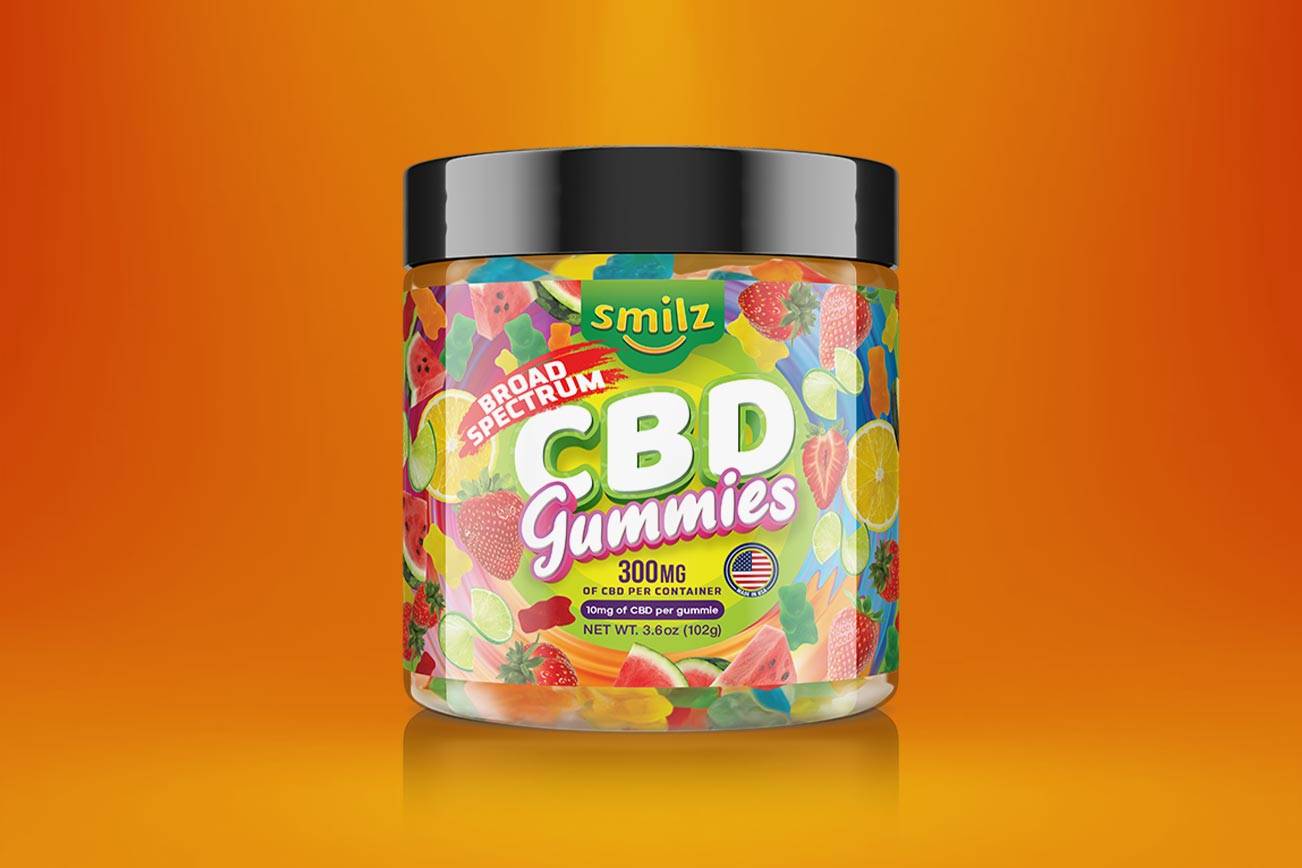It’s becoming increasingly well-known that cannabidiol (CBD) has potential therapeutic properties, which is why it’s so widely used in natural remedies. However, the jury is still out on whether or not CBD gummies can be of any use for those struggling with anxiety and depression. In this article, we’ll look at what evidence there is to support taking best time to take cbd gummies for anxiety as a way of alleviating symptoms of mental health issues.
CBD gummies are made from cannabidiol extract mixed with other ingredients to form small, candy-like treats that come in many different flavors. People take them orally for various medical purposes, such as reducing inflammation and relieving pain. Some even believe they can help treat certain mental health disorders like anxiety and depression.

How Might CBD Help With Anxiety And Depression?
Cannabidiol has been found to interact with receptors in the brain associated with mood regulation, potentially making it useful in treating symptoms of anxiety and depression. It also appears to have an anti-inflammatory effect on the body, which may help reduce physical symptoms related to these illnesses. While more research is needed before any definitive conclusions can be drawn about its efficacy, some people claim that taking best time to take cbd gummies for anxiety helps them manage their mental health issues better than prescription medications do.
Is there any evidence supporting the use of CBD Gummies For Treating Mental Health Issues?
At the moment, there isn’t much scientific evidence on the effectiveness of using CBD gummies to treat mental health issues such as anxiety and depression. However, anecdotal reports suggest that some people find relief from their symptoms when taking CBD gummies for anxiety regularly – which means that further study may be warranted. In addition, studies have shown promise in exploring how cannabis compounds such as cannabidiol are able to affect areas of the brain involved in emotional regulation and processing fear responses – which could mean they could have potential applications when it comes to managing mental health conditions such as PTSD or Generalised Anxiety Disorder (GAD).
Are there any risks associated with taking Cbd gummy bears for anxiety and depression?
While there are currently no known risks associated with trying best time to take cbd gummy bears for mental health treatment, it’s always important to remember that anything taken internally can interact with other substances already present in your body – so it’s worth discussing with your doctor first if you’re considering making any changes or additions to your existing treatment plan. Additionally, if you experience any side effects while taking Best Time to Take CBD Gummi Bears then you should stop immediately and speak to your healthcare provider right away.
What should I consider before starting Best Time To Take CBD Gummi Bears for anxiety and depression?
Given that there is not yet enough scientific data available on the topic of using best time to take cbd gummy bears specifically as a treatment option for mental illness sufferers – it’s important that you do all your own research beforehand into whether this is a path you want to pursue or not, after consulting with your doctor or therapist first. Also, make sure you know exactly what kind of cannabis product you’re buying – ideally from a reputable source that can provide third-party lab analysis showing purity, potency, etc. Be sure to check dosage recommendations as well to ensure you get the maximum benefit!

The bottom line
Although there is no conclusive scientific evidence that consuming the best time to take CBD gummy bears will drastically improve symptoms associated with mental illness, early research suggests there may be benefits – but more thorough studies need to be carried out. Ultimately, it’s up to each individual whether they decide to give this approach a go or not – but whatever route you end up taking, always consult your primary healthcare provider first!
